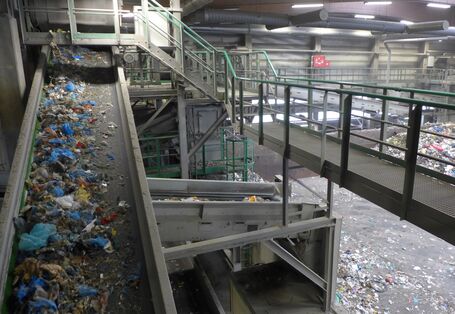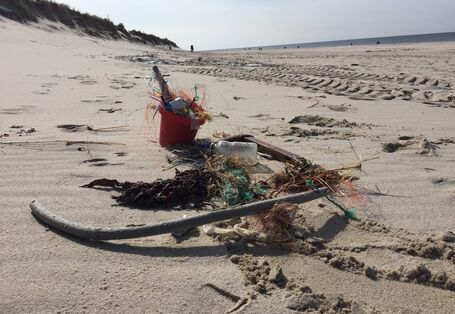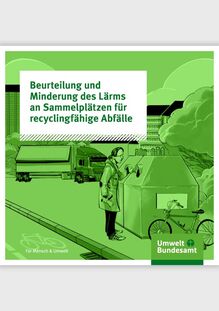Climate protection through Circular Economy in Germany and the EU

For the EU27 and Germany, the climate protection potential of the circular economy was examined for municipal waste, industrial & commercial, construction & demolition and food waste for 2017 and 2030 using the life cycle assessment method. The study shows the sector's GHG mitigation potential, including food waste prevention, in the context of the EU legal framework and the energy transition.















